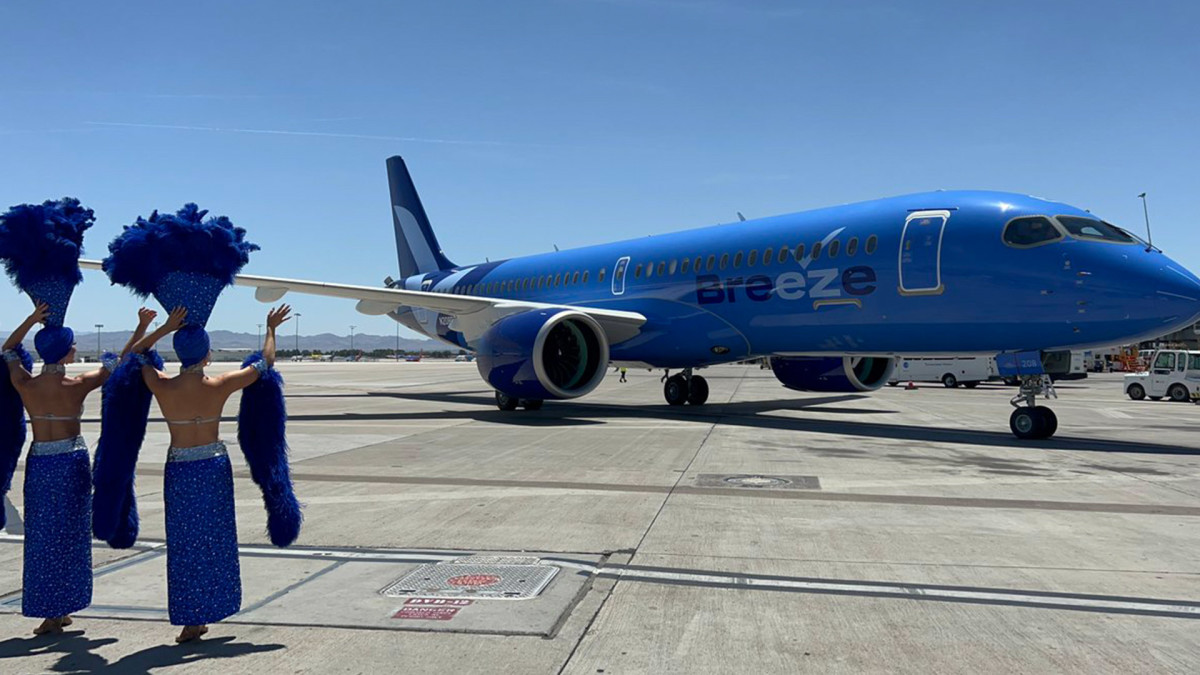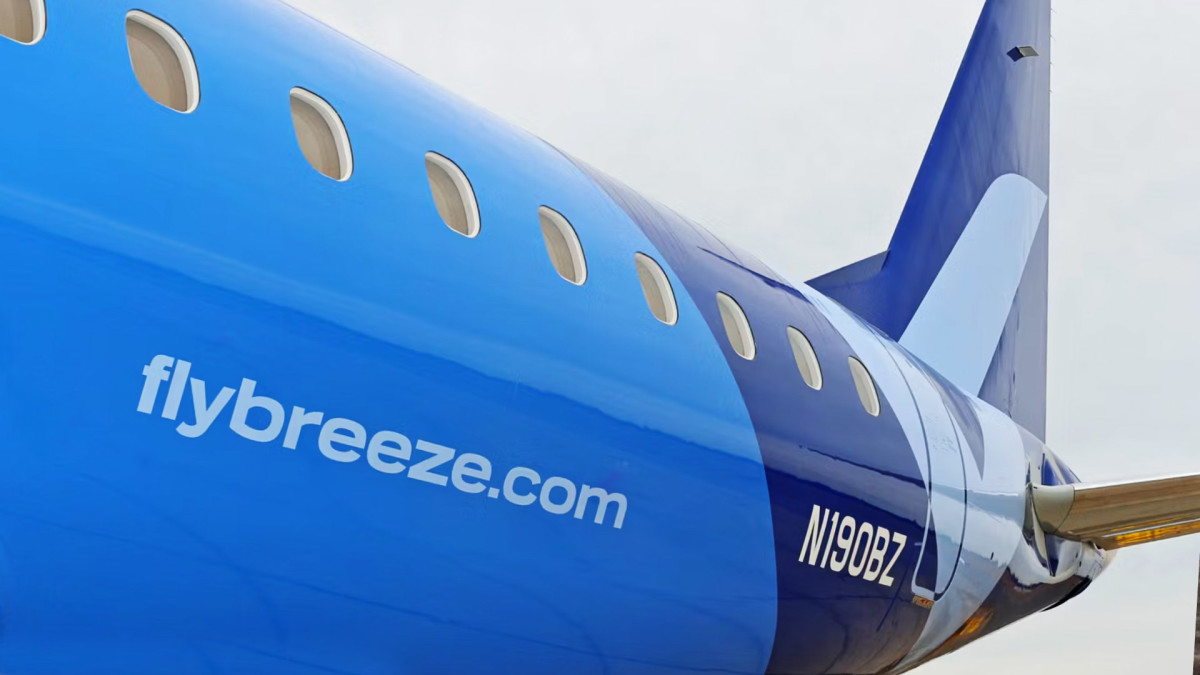
Born in Europe as a way to offer bare-bones fares for quick flights between nearby cities, low-cost airlines operate on an entirely different business model from mainstream carriers.
The low base ticket price helps with marketing the airline and attracting customers looking for affordability while the difference in revenue is made up by charging for "extras" such as seat selection, baggage and sometimes even printing the ticket out or being able to contact airline representatives before reaching the airport.
Related: United Airlines delays route passengers had looked forward to
Throughout the last decade, new budget airlines have been popping up in Europe, North America and Asia — over in the U.S., JetBlue Airways (JBLU) founder David Neeleman founded Breeze Airways (BREZ) out of Salt Lake City as a way to reach customers in smaller markets such as Springfield, Columbus and San Bernardino. The airline was able to quickly build a customer base by offering flights to sunny destinations such as Florida from cities whose residents would have otherwise had to fly out of a nearby metropolis.

Breeze Airways
Amid high demand for air travel, investors set their sights on budget airlines
After three years of running its flights, Breeze Airways had its first profitable quarter in March. As a private company, it had earlier reported a net loss of $2.55 million in 2023 which was an improvement from a $3.79 million loss in 2022. One industry analyst estimates that it takes, on average, eight to 12 years for an airline to reach profit after launch.
More Travel:
- A new travel term is taking over the internet (and reaching airlines and hotels)
- The 10 best airline stocks to buy now
- Airlines see a new kind of traveler at the front of the plane
While Breeze did not reveal the specifics of how much it had earned in March, it said that revenue grew by 30% from a year ago.
Some of Breeze's other efforts to bring in more revenue include entering markets such Biloxi in Mississippi and Burlington in Vermont, launching a branded Visa (V) credit card similar to what is offered by competitors like Spirit Airlines (SAVE) , and ordering a fleet of new Airbus A220 (EADSF) planes.
Why are some budget airlines taking off while others are struggling?
"It's truly remarkable what Breeze has been able to achieve in such a short period of time," President Tom Doxey said in a statement. "In just the first quarter of 2024 alone, Breeze realized several major wins including doubling our revenue year-over-year and launching a co-branded credit card, while running a safe, on-time operation."
All this comes at a time when competitor Spirit has been facing serious financial difficulties. After a series of unprofitable quarters spanning back more than a year and a blocked JetBlue merger, the airline has been furloughing pilots, delaying plane deliveries, and canceling some routes as bankruptcy rumors continue to swirl. The airline has named factors similar to those faced by every other budget airline — rising cost of fuel and the challenges around raising prices without losing its market as a low-cost airline — for its struggles.







